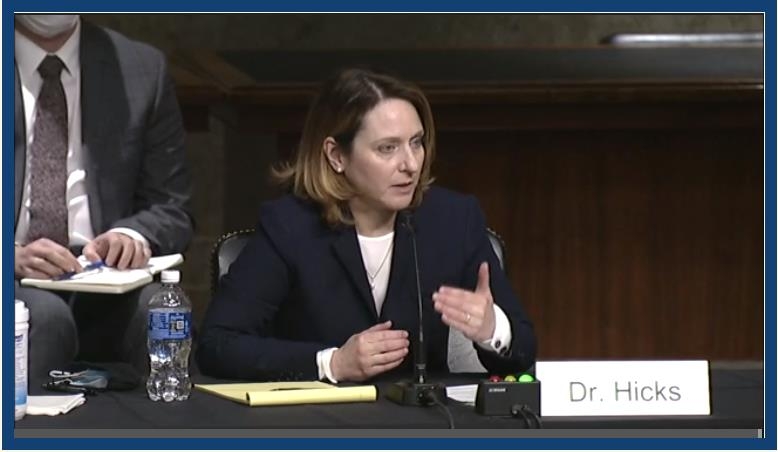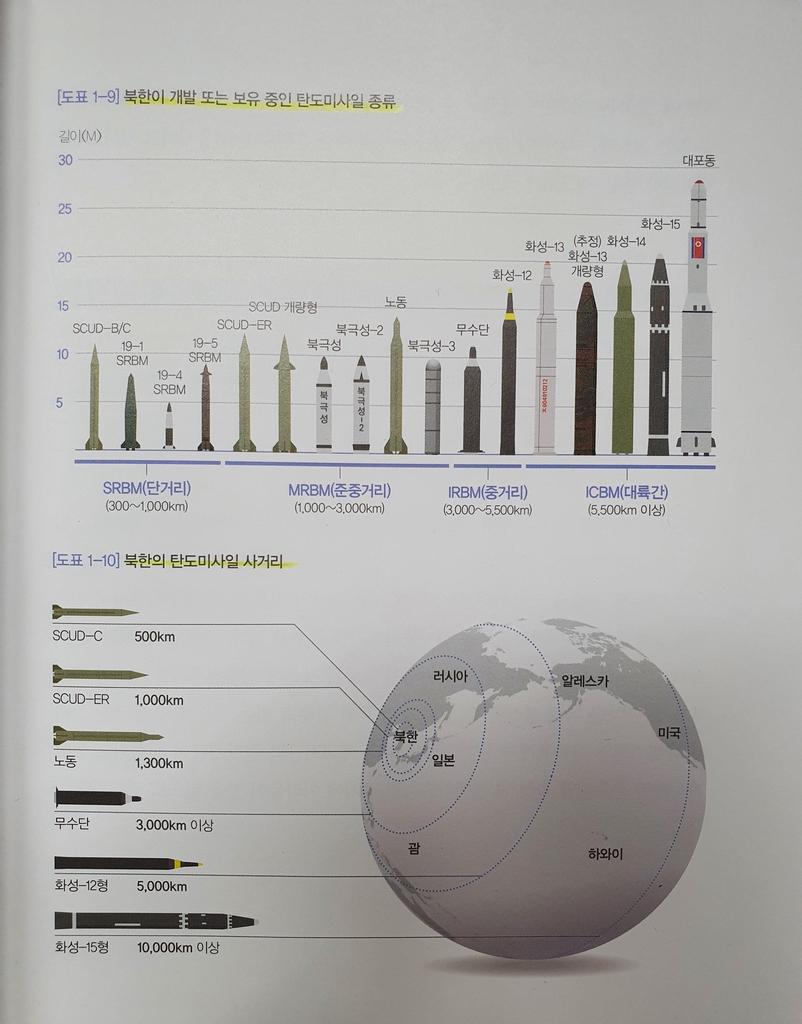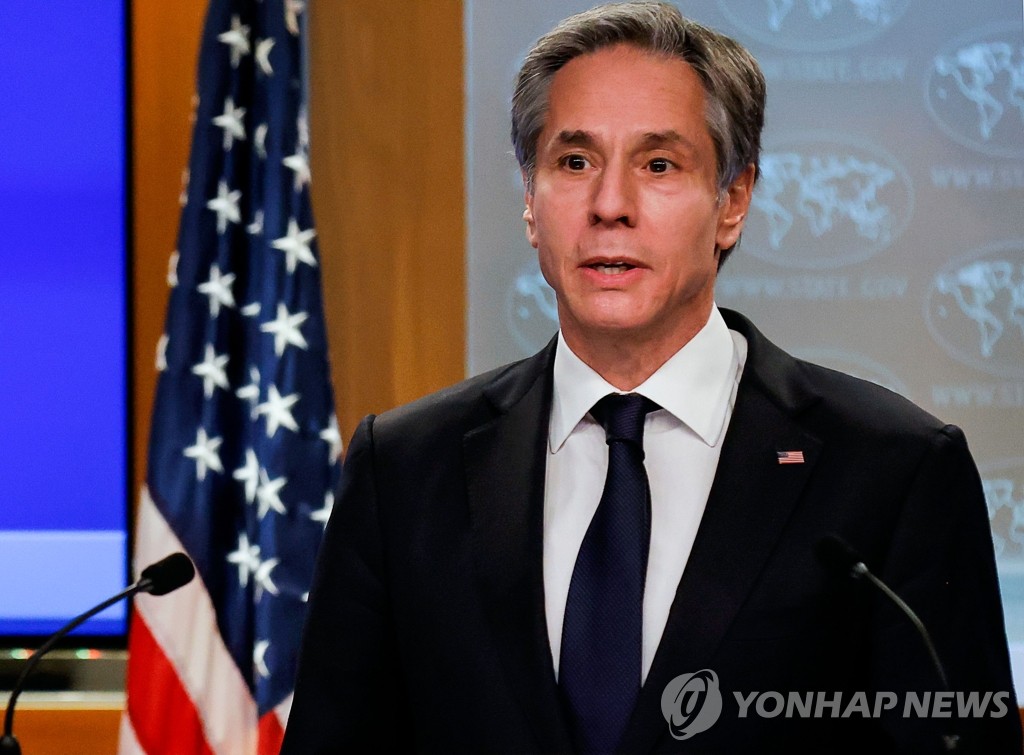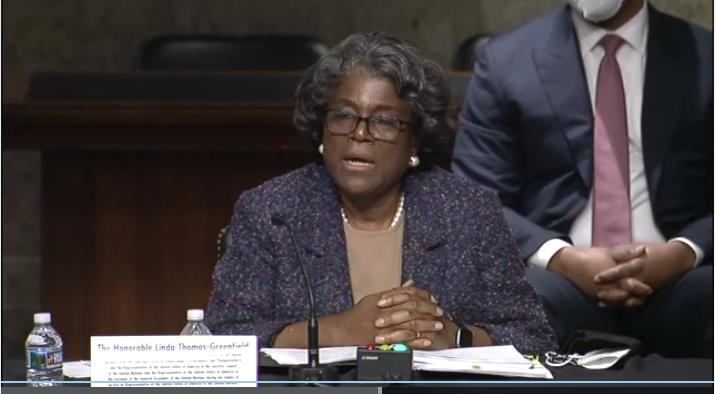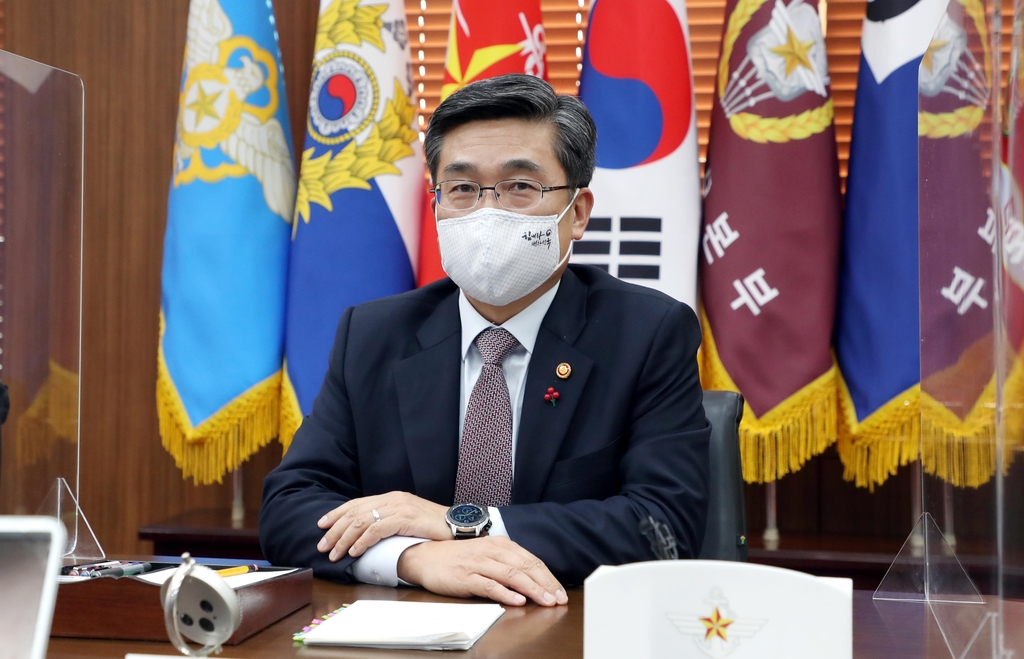
US security experts say the continuity of the “quad,” a regional collective security initiative, will also be maintained by the US Biden administration. It is expected that the request for participation from Korea will be further strengthened in the future. Reporter Kim Dong-hyun covered it.
White House National Security Adviser Jake Sullivan emphasized on the 29th of last month that the “quad”, a regional collective security initiative consisting of the United States, Japan, Australia and India, will be the basis for establishing future Asia-Pacific policies.
As Aide Sullivan announced the succession of the concept of a collective security system created by the Trump administration for the purpose of restraining the public, attention is focused on how the Biden administration will differentiate in the future.
Former Commander Brooks “Keeping the Quad Initiative Continuity… External outgoing adjustment expected”
KDVA Chairman Vincent Brooks, former ROK-US Combined Commander, told the VOA on the 1st, “With the security environment that threatens the US national interest unchanged, the Biden administration will continue to pursue an approach to the quad initiative.” I expected.
[Recording: Former Commander Brooks] “It won’t change. The approach is the same. Perhaps some of the public communications will be adjusted to make it clearer that it is about democracy not about China. Except, as China challenges the international order and challenges the interests of those democracies, in that regard, it will be about China… ”
However, he predicted that there will be some adjustments in the content of external communication, and that the Quad will more clearly communicate that it is an organization related to democracy, not directly targeting China.
The fact that China is taking action against the international order and the interests of democratic countries does not change the fact that China is treated as a core agenda, but it explains that there will be changes in details of cooperation based on shared democratic values.
Sullivan-Campbell’s past co-contributor, “We can’t follow the alternative method”
“Induce active participation of democratic countries in the region”
This keynote can be seen in an article by New Adviser Sullivan and Kurt Campbell, White House National Security Council (NSC) Indo-Pacific Coordinator, in the journal Foreign Affairs in October 2019.
In a joint contribution titled “Competition without Disaster: How the United States Co-exist and Challenge with China,” the two emphasized that in competition between the United States and China, third countries should not follow the method of forcing an alternative between superpowers during the Cold War. .
The two recalled that China, which mixed totalitarianism and capitalism compared to the former Soviet Union, was a far more ideologically difficult opponent to compete, and encouraged democratic countries in the region to actively respond to China’s actions according to their own standards. They introduced the policy as a way to further promote the interests of the United States.
Former Commander Brooks “Continued inducing Korean participation… Conflict resolution connection between Japan and Korea”
Former Commander Brooks said the biden administration’s desire to involve South Korea will continue, given that the Quad is made up of key democratic states in the region.
[Record: Former Commander Brooks] “The desire to add South Korea to that conversation will continue from the Trump administration to the Biden administration. South Korea should be in conversation with the other democracies of the region.”
In particular, Quad’s conception is essentially different from the approach the United States applied to the Southeast Asian Treaty Organization (SEATO) initiation attempts in the late 1940s, based on the fact that the Quad was made up of countries that shared democratic values with the United States much more. I heard it.
[Recording: Former Commander Brooks] “But when you talk about the five democracies of Asia, that’s a different story. There is much more in common… So the part of the Quint that needs shoring up is the Japan South Korea relationship. That is what is missing among the cooperation among democracies. And there’s evidence that certainly the Suga administration wants to try to move forward on that and perhaps there will be an opportunity for the Moon administration to create the progress that is needed.”
In the case of SEATO, while socialist countries such as Vietnam are included, Australia, India, and Japan all have a much deeper political, military, and economic ties. Pointed out that no.
He also analyzed that the US government must resolve the conflict between Korea and Japan, which could be a potential constraint, to induce South Korea’s participation in the future. Japanese Prime Minister Yoshihide Suga recently made the first normal currency with President Biden. .
Former Seymour Coordinator “Switching the Total Approach to Military One Side Island”
Former White House Weapons Destruction Coordinator Gary Seymour also analyzed the recent quad remarks of senior Biden administration officials, saying, “In terms of China’s checks, the fundamental goal of the Trump administration has not changed.
[Recording: Former Seymour Coordinator] “I think the Biden administration’s approach is basically,’We’re going to do what Trump did, but we’re going to do it right’. In other words, the criticism of Trump is that he was incompetent, that he had the right idea that China was growing more aggressive and the US needed to be more active in the Indo Pacific, to contain China, to strengthen its relations with allies, etc, etc…”
The new government also considers the Trump administration’s judgment to be correct from the standpoint of public containment, but it says there is a problem with the approach and will make a major correction in this area.
In particular, former Seymour coordinator predicted that not only a military approach, but also agendas covering economy and diplomacy would be addressed in detail in the collective security initiatives of the four countries.
Senior Researcher Bennett “Persuasion of the US National Taxpayer is the Key”
Meanwhile, a senior researcher at Bruce Bennett’s Rand Institute, cited as an example of China’s trade sanctions triggered by Australia’s participation. It was analyzed that they would have considered that cheap Australian products pose a threat to the US market.
[Recording: Senior Researcher Bennett] “Why didn’t the US go in and say,’Well, we’ll buy half of that barley’. There with a little bit of economic incentives from the US government, that barley could have become cheap for American businesses to take it and make beer or whatever. Now, US farmers wouldn’t have been necessarily excited about that because they want their price to go up… But it also yields benefits. And it’s not enough for Biden’s people to say,’Yes, we like the Quad’. They’ve got to be prepared to explain why and in very simple terms that the average American can understand.”
Senior researcher Bennett said that consideration for the protection of the US market is not a matter of change even if the Biden administration entered it. He pointed out that this is a problem that is directly related to the money of American taxpayers.
Senior researcher Bennett said he believes the economic incentives for the alliance will benefit the US in the long run, but the Biden administration also needs to convince US taxpayers to clarify its budget allocation.
This is VOA News, Donghyun Kim.



